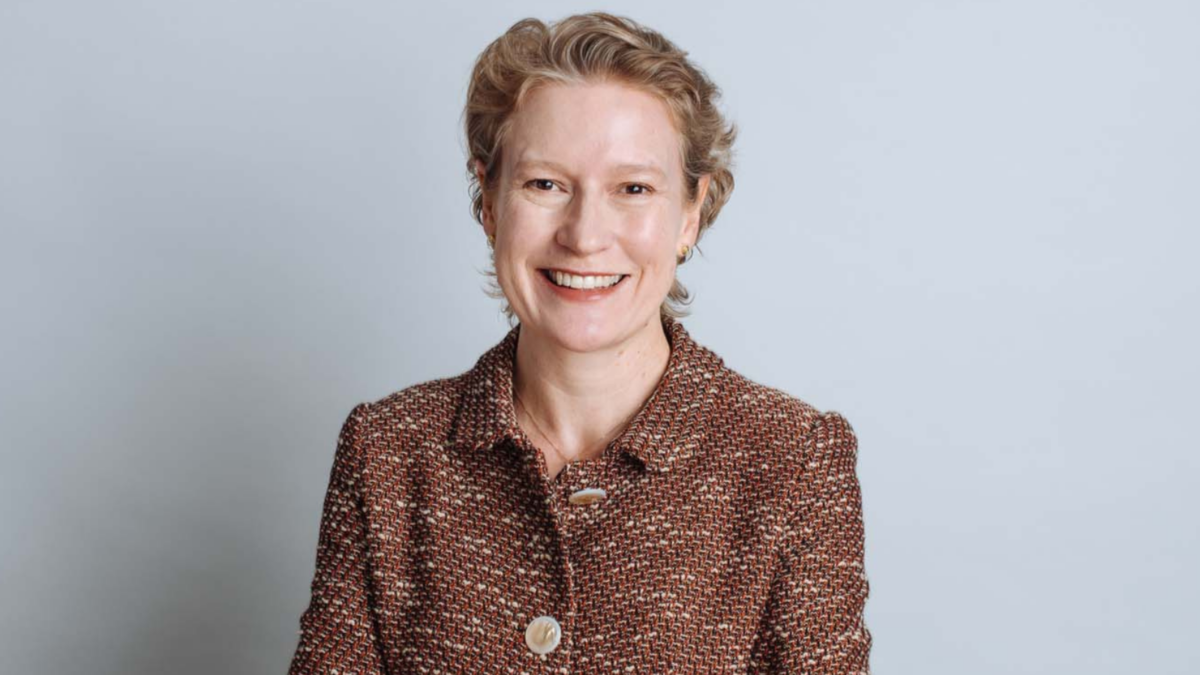Active currency management: ‘it’s the whole cake’
Australian investors, on average, have lost money from currency in their international portfolios over the 40-year period to 2012, according to global currency manager Adrian Lee & Partners. But at least the manager is not predicting a further fall in the $A against the US$ for the remainder of this year.
The firm’s London-based founder, Adrian Lee, addressed a roundtable in Sydney last week, in which he put the case for active management of currency, rather than passive hedging, and the case for currency specialists rather than leaving it to global equities managers.
Adrian Lee & Partners is a quant research shop which employs a discretionary judgment overlay. It was formed in 1999 after Adrian Lee had spent 10 years at JP Morgan managing currencies.
“Our performance comes from our research methodology,” he said. “We’re advocating that Australian clients go deeper into their active forward hedge.”
Illustrating the different results for various currency strategies between 1994 and 2012, Lee said: “The size of the active management (return) shows that it is not the icing on the cake; it is the cake.”
Lee said that academic evidence supported the proposition that a range of factors could be shown to consistently produce excess returns.
“The conditions for efficiency do not exist,” he said. Those conditions, for equities and other markets, were: numerous buyers and sellers; common information; common objectives; and absence of barriers to entry.
“Certain managers can show evidence of significant information ratios.”
Lee said currencies were driven by different fundamentals than equities or bonds and should be managed separately.
“Currency is severely under-managed by most international equities managers.”
Philip Lawson, head of portfolio management for Adrian Lee & Partners, also based in London, said the firm believed that the sharp plunge in the A$ from late May was an “over-reaction” by the market.
The firm’s six-month forecast for the A$, as of May 17, was for a very slight appreciation to touch parity with the US$.
Generally speaking, he was bullish on the US and bearish on the Eurozone. He thought China’s re-balancing (slower growth) would prevent robust emerging markets growth. But global inflation would remain subdued due to weak cost-push and demand-pull factors.









